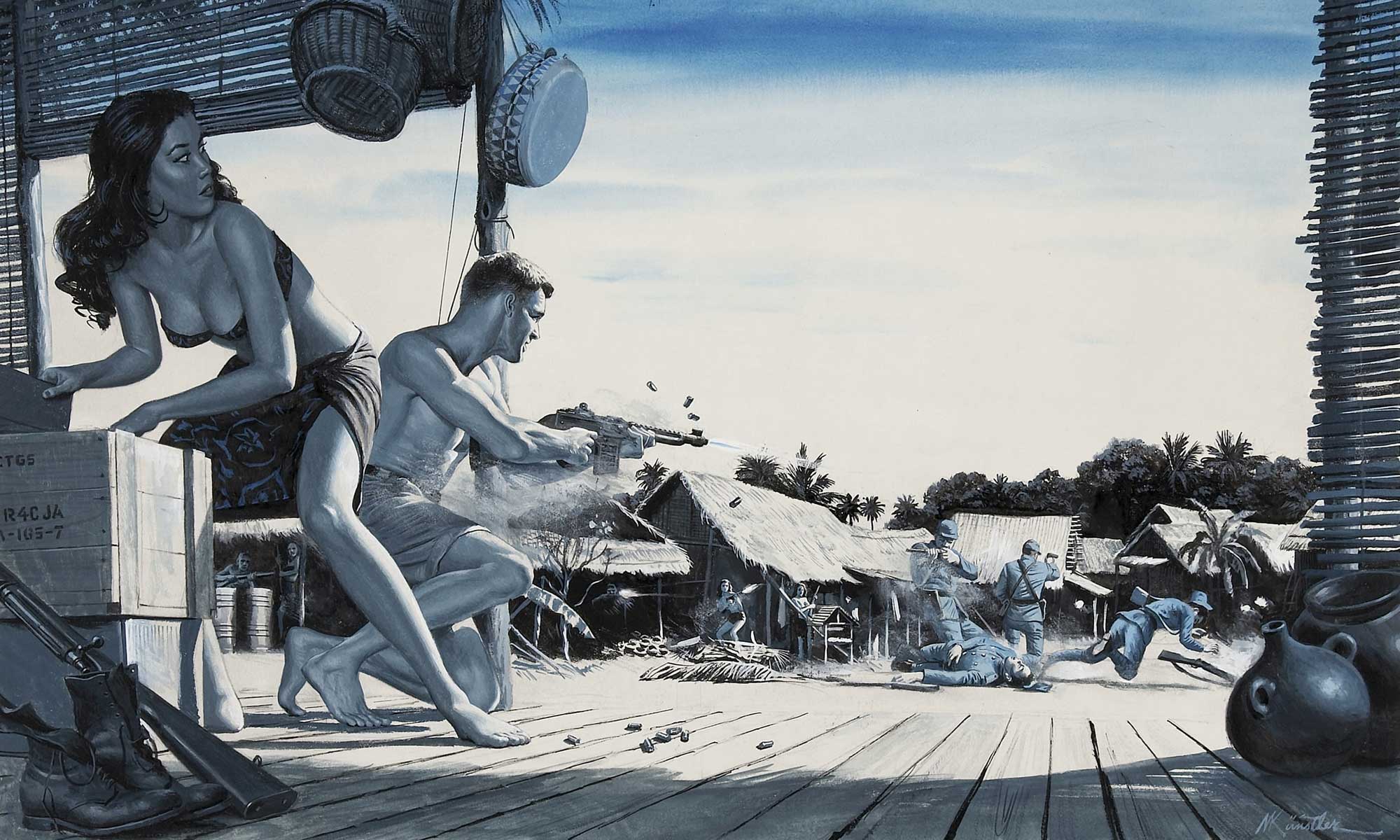https://youtu.be/dPiplYL897o
Here’s a note-for-note live recreation of The White Album by a group called The Analogues giving me the feels.

Tales of True Adventure for Rugged Men Not Unlike Yourself
https://youtu.be/dPiplYL897o
Here’s a note-for-note live recreation of The White Album by a group called The Analogues giving me the feels.
These Dutch bastards rule, thanks!
I thought “I’ll only watch a little of this” and got through most of Side One.
When the pandemic ends in five years, we need to go to one of their shows.
Yes sir!
I’m struck by the idea that this feels more like a chamber orchestra playing classical music than a cover band. Is that weird?
That’s totally the vibe. I found myself thinking about the upcoming music, and “how are they gonna get that sou—ohhh!”
Orchestra on speed dial.
I’ve only watched the first song. But yeah, you’ve got good musicians reverently playing someone else’s music before a reverent, mostly gray-haired audience. Same deal.
Kind of begs the question of whether the Beatles will become enshrined in a manner similar to major classical composers. For now they are, but in 50 years, who knows?
The bassist reminds me of John Candy.
Turns out, the bass player (Bart van Poppel) is running the show.
You’ll know the Beatles have reached canonical status when people applaud at the end of the album performance rather than between songs.
The rhythm guitar/Lennon guy is a perfect cross of Keith Moon and
Harry Shearer.
I’m seeing a little Liam Gallagher in there, too. But it’s probably just the silly mod haircut.
I’m continuing the journey and really liking it. Can’t remember if it was the Get Back documentary or Anthology where I saw that they came back from India with a truckload of songs and just wanted to do them all. I’ve always been a fan of the double album, weaker tracks acknowledged.
I remembered the “heroes for us all, and better than we deserve” line, and “competent, not virtuoso” from a review and found it:
– Tony Palmer, The London Observer
Wow! Spot on, thanks for that. The White Album is my second favorite of theirs, after Abbey Road.